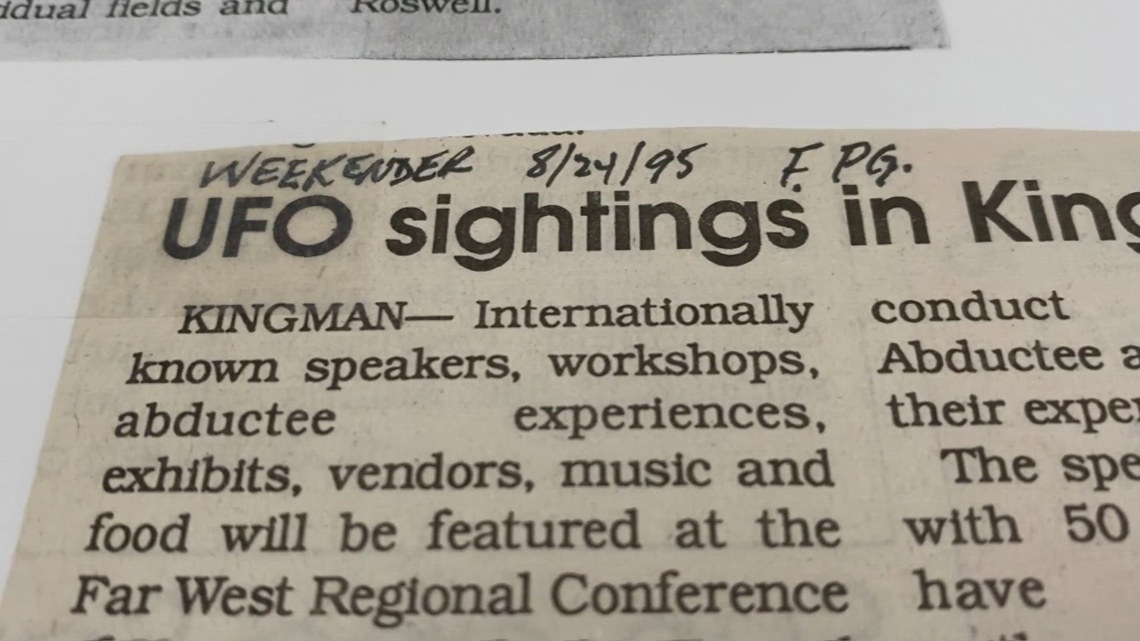I don’t think this should be downvoted. It’s in its’ appropriate community and it lists a legitimate source
Thanks. I’m personally used to it, but it limits the growth of Lemmy when people down vote posts just because they don’t care for them. People are less likely to engage in smaller communities when they’re subject to down votes. It’d be best if people curated their feeds by filtering out the communities they don’t want to see posts from.
Yes, it’s often used as clickbait, but I hope you don’t take an adage as fact. Especially when your own source says the adage is wrong.
A 2016 study of a sample of academic journals (not news publications) that set out to test Betteridge’s law and Hinchliffe’s rule (see below) found that few titles were posed as questions and of those, few were yes/no questions and they were more often answered “yes” in the body of the article rather than “no”.
A 2018 study of 2,585 articles in four academic journals in the field of ecology similarly found that very few titles were posed as questions at all, with 1.82 percent being wh-questions and 2.15 percent being yes/no questions. Of the yes/no questions, 44 percent were answered “yes”, 34 percent “maybe”, and only 22 percent were answered “no”.
In 2015, a study of 26,000 articles from 13 news sites on the World Wide Web, conducted by a data scientist and published on his blog, found that the majority (54 percent) were yes/no questions, which divided into 20 percent “yes” answers, 17 percent “no” answers and 16 percent whose answers he could not determine.




